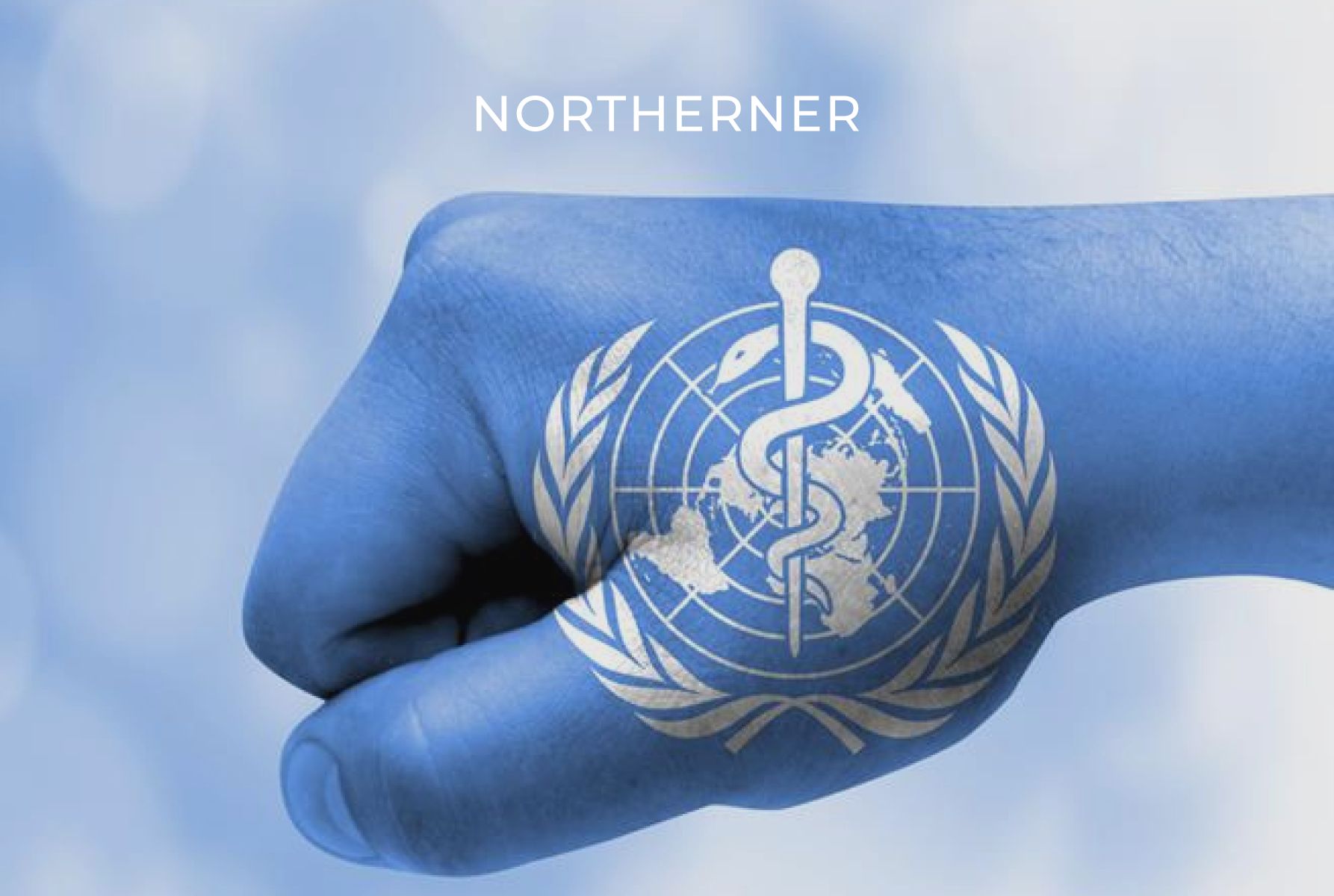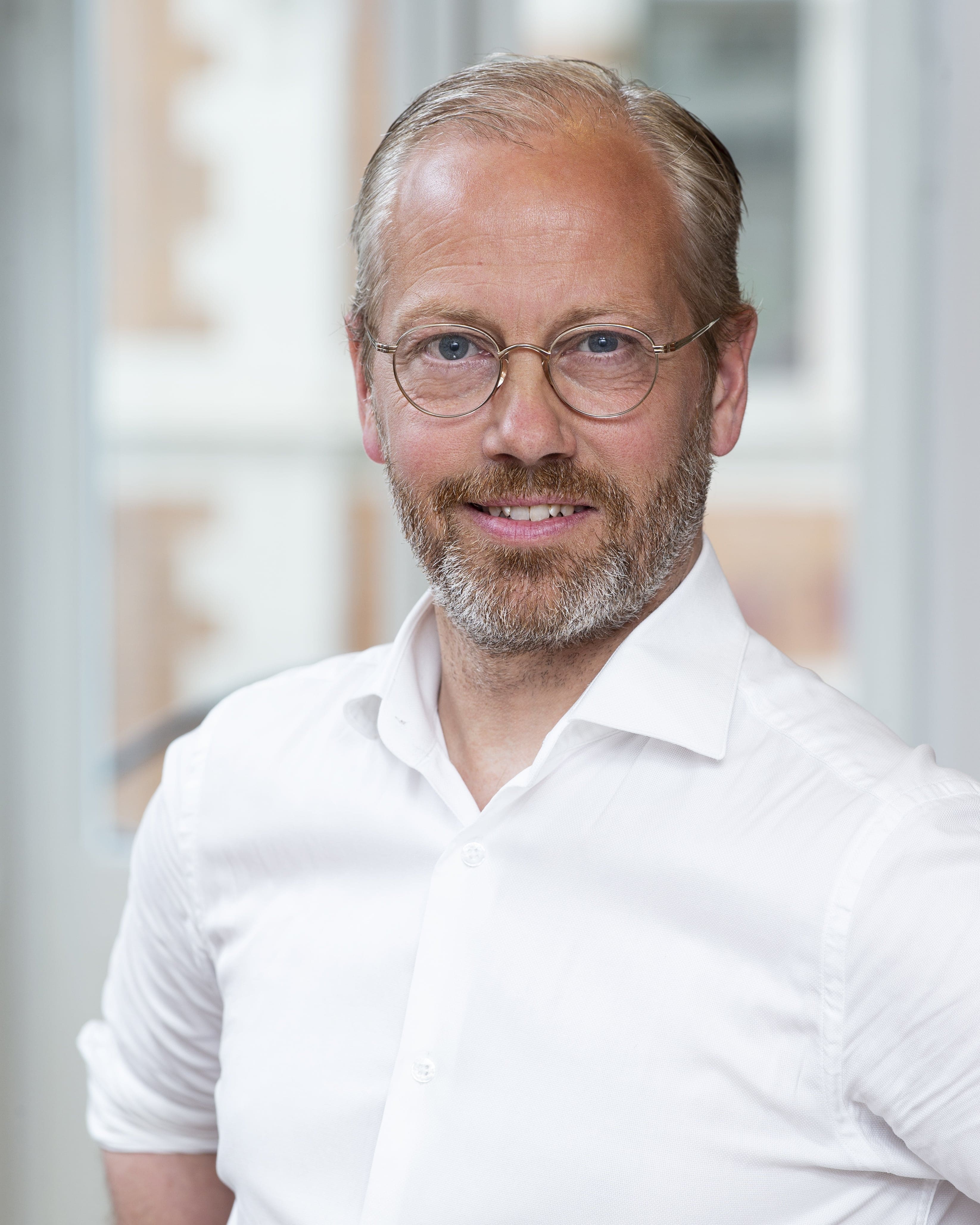COP11’s Closed Doors at WHO meeting Spark an Alternative Public Health Conference
Even though the US is no longer a member of the World Health Organization (WHO) since President Trump pulled all funding for the organization, its decisions still affect the rest of the world. So while the WHO held its COP11 meeting behind closed doors this week, a very different group gathered just a few blocks away. GoodCop 2.0—the parallel conference that wasn’t supposed to exist—became a space for scientists, doctors, economists, and public health advocates from 23 countries united by a shared frustration: WHO’s refusal to even discuss harm reduction as a strategy to save lives. An ignorant attitude by the WHO, which was also one of the reasons why the U.S. left the organization in the first place.
Dr. Marina Murphy, Senior Director of Scientific Affairs at Northerner and one of the participants at GoodCop 2.0, summed up the sentiment that permeated the event:
“It’s unfortunate that a conference like this has to happen, but it seems to be the only way when WHO has closed its ears to anyone who doesn’t think exactly the way they do. They’re even ignoring countries like Sweden, which has successfully implemented harm reduction policies and, thanks to that, is now the world’s first smoke-free nation.”
Murphy poses the question many here are asking: Why are they stuck on an approach that doesn’t work? For her, the answer is clear: high taxes and strict laws aren’t enough. People need access to less harmful alternatives to help the last remaining smokers quit. Because smoking kills—millions of people die every year—and those lives could have been saved if policymakers dared to think differently.
WHO Inability Made US Leave
The WHO’s inability to implement urgently needed reforms and manage global health crises is what led the U.S. to leave the organization.
Laura Leigh Oyler is the Vice President for Regulatory Affairs at Northerner:
“The FDA spends years reviewing the science behind alternative nicotine products, and to date has found both e-cigarettes and nicotine pouches to be ‘appropriate for the protection of public health’ in granting market authorizations. But that is just one example of painstaking research that the WHO continues to ignore. It’s truly remarkable.”
Two Worlds, Two Narratives
The contrast between the two conferences couldn’t be sharper. On one side, WHO’s COP11—a meeting critics say has become increasingly closed and inaccessible, even to former smokers or independent researchers with no industry ties. On the other side, GoodCop 2.0, where doors are open for dialogue and the debate centers on the right to speak freely about public health.
David Williams, President of the Taxpayers Protection Alliance, opened the event with a wry remark:
“They say sequels never outshine the original. But here we promise more voices, more countries, and more urgency.”
Sweden as a Model
Sweden is repeatedly highlighted as a real-world example of how harm reduction works. Through regulated access to snus and nicotine pouches, the country has reached a historic milestone: becoming the world’s first smoke-free nation. A fact WHO chooses to ignore—despite the potential to inspire global policy.
A Fight for the Future
GoodCop 2.0 isn’t just a conference about nicotine. As Dr. Marina Murphy explains:
It’s a fight for the right to debate, for science to have a role in public health policy, and for the future of multilateralism. The question hanging in the air is as provocative as it is central: Can WHO still be saved from itself—or is it time to build something new?Senior Director of Scientific Affairs
Reasons Behind the US Withdrawal From The WHO
The United States has withdrawn from the WHO, recalled or reassigned personnel, and suspended any future funding, support, or resources to the organization. The latest decision, made in January of this year, stated the following reason:
“The United States noticed its withdrawal from the World Health Organization (WHO) in 2020 due to the organization’s mishandling of the COVID-19 pandemic that arose out of Wuhan, China, and other global health crises, its failure to adopt urgently needed reforms, and its inability to demonstrate independence from the inappropriate political influence of WHO member states. In addition, the WHO continues to demand unfairly onerous payments from the United States, far out of proportion with other countries’ assessed payments. China, with a population of 1.4 billion, has 300 percent of the population of the United States, yet contributes nearly 90 percent less to the WHO."









Login and Registration Form